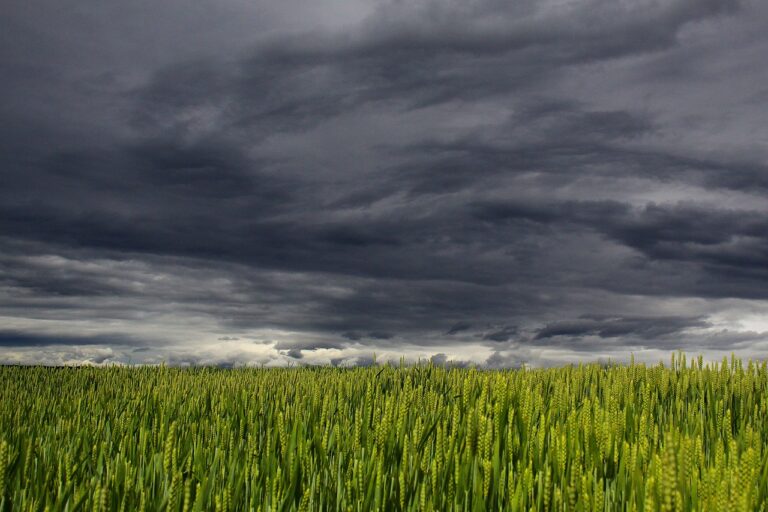Ukraine is one of the world’s largest exporters of wheat and corn. As a result, the country has been a major supplier to Europe for years and crucial for food security in the world. The war in Ukraine, though, has put that ability at risk. The war between Russia and Ukraine has distorted the trade of food commodities in the region. Millions of people live within the conflict zone while many have gone to neighboring countries to seek refuge.
In this guide, we’ll look at how the war in Ukraine is affecting food security.
Table of Contents
How the war in Ukraine puts food security at risk
Food security is becoming a major concern for countries within the region. The war has caused a crisis for farmers as land has become unusable in various areas. Food prices have sharply increased as a result of reduced supply from the conflict zone. Some grain facilities have suffered under limited access to workers, energy supplies, and transportation.
The EU is Ukraine’s largest trading partner, accounting for almost a third of the country’s total trade in 2013. In 2013, trade between the two was valued at $84 billion. The EU imports agricultural products from Ukraine worth $1.6 billion annually. This includes grain (35%), poultry meat (30%) and dairy products (20%).
Ukraine has been a net exporter of agricultural products to the EU since 2005, with exports exceeding imports. It has been particularly successful in its exports of food grains and animal feed commodities such as wheat and barley. These exports account for around one-quarter of all agricultural production in Ukraine.
Russian invasion of Ukraine is jeopardizing Ukraine’s ability to export food products and other goods. The conflict has created obstacles that make it difficult to transport goods across eastern Ukraine. This means that farmers are unable to get their crops and livestock to market.
This also makes it difficult for people in Donbas who rely on trade routes with Russia or Crimea for their livelihoods. The closure of these trade routes has also disrupted people’s ability to get from place-to-place, making it harder for them to reach their fields or farms during planting season.
Effects of the conflict on state-controlled farming and trading companies
The conflict has affected state-controlled farming and trading companies. These are the largest food producers in Ukraine, but they’ve been badly affected by the conflict.
The war has disrupted their ability to export products and import food from other countries. The fighting is also making it harder to get credit. This is because banks are concerned about getting involved with a country at war.
Farmers have lost their land, had to move and been displaced from their homes and many have had to sell their land. The situation is worsened by the fact that Ukraine imports about 70% of its food and most of this comes from Russia or European Union countries.
Millions of people live within the conflict zone, where they face high unemployment and low wages, making them vulnerable to food insecurity.
Will food security become stabilized in Ukraine?
The EU is helping Ukraine’s farmers and government stabilize the country’s food security situation. The EU has allocated €500 million to support Ukraine in stabilizing its agricultural sector, including by supplying fertilizers and seeds. The money will be used for direct payments to farmers and for other measures such as developing agricultural infrastructure.
This also includes providing financial assistance for farmers who want to increase their production capacity or diversify their crops so they can produce more staple foods like wheat and corn — which will help provide the country with greater independence from Russia’s agricultural industry.
The EU has also been working with Ukraine on issues related to export controls, customs procedures and veterinary controls at border crossings in order to facilitate trade between Europe and Ukraine. The EU is considering providing technical support for the modernization of Ukrainian Customs’ systems as well as expertise on animal welfare issues that are required under EU law but which currently do not exist in Ukraine (e.g., traceability).
Will the food security crisis expand?
The EU and Ukraine are working together to help stabilize food security in the country by providing financial aid and helping farmers find new markets for their crops.
The future of food security in Ukraine is uncertain. However, it’s important for us to understand the extent of crisis in order to find ways to address it.












